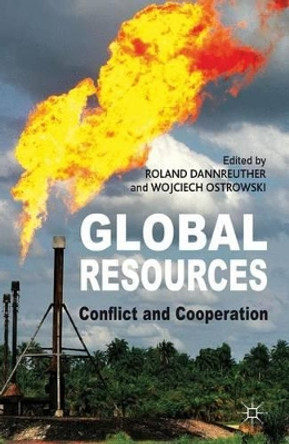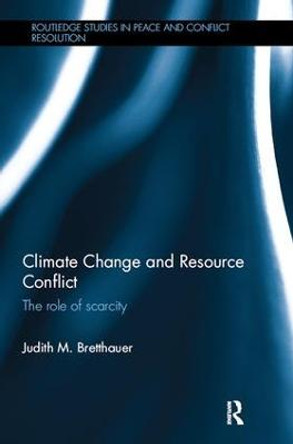Description
A common perception of global resource scarcity holds that it is inevitably a catalyst for conflict among nations; yet, paradoxically, incidents of such scarcity underlie some of the most important examples of international cooperation. This volume examines the wider potential for the experience of scarcity to promote cooperation in international relations and diplomacy beyond the traditional bounds of the interests of competitive nation states.
The interdisciplinary background of the book's contributors shifts the focus of the analysis beyond narrow theoretical treatments of international relations and resource diplomacy to broader examinations of the practicalities of cooperation in the context of competition and scarcity. Combining the insights of a range of social scientists with those of experts in the natural and bio-sciences-many of whom work as 'resource practitioners' outside the context of universities-the book works through the tensions between 'thinking/theory' and 'doing/practice', which so often plague the process of social change. These encounters with scarcity draw attention away from the myopic focus on market forces and allocation, and encourage us to recognise more fully the social nature of the tensions and opportunities that are associated with our shared dependence on resources that are not readily accessible to all.
The book brings together experts on theorising scarcity and those on the scarcity of specific resources. It begins with a theoretical reframing of both the contested concept of scarcity and the underlying dynamics of resource diplomacy. The authors then outline the current tensions around resource scarcity or degradation and examine existing progress towards cooperative international management of resources. These include food and water scarcity, mineral exploration and exploitation of the oceans. Overall, the contributors propose a more hopeful and positive engagement among the world's nations as they pursue the economic and social benefits derived from natural resources, while maintaining the ecological processes on which they depend.
About the Author
Marcelle C. Dawson is a Senior Lecturer in the Department of Sociology, Gender and Social Work, University of Otago, New Zealand, and a Senior Research Associate at the Centre for Social Change, University of Johannesburg, South Africa.
Christopher Rosin is a Senior Lecturer in the Department of Tourism, Sport and Society at Lincoln University, New Zealand.
Nave Wald is a researcher at the Higher Education Development Centre, University of Otago, New Zealand.
Book Information
ISBN 9780367376925
Author Marcelle C. Dawson
Format Paperback
Page Count 224
Imprint Routledge
Publisher Taylor & Francis Ltd
Weight(grams) 317g






